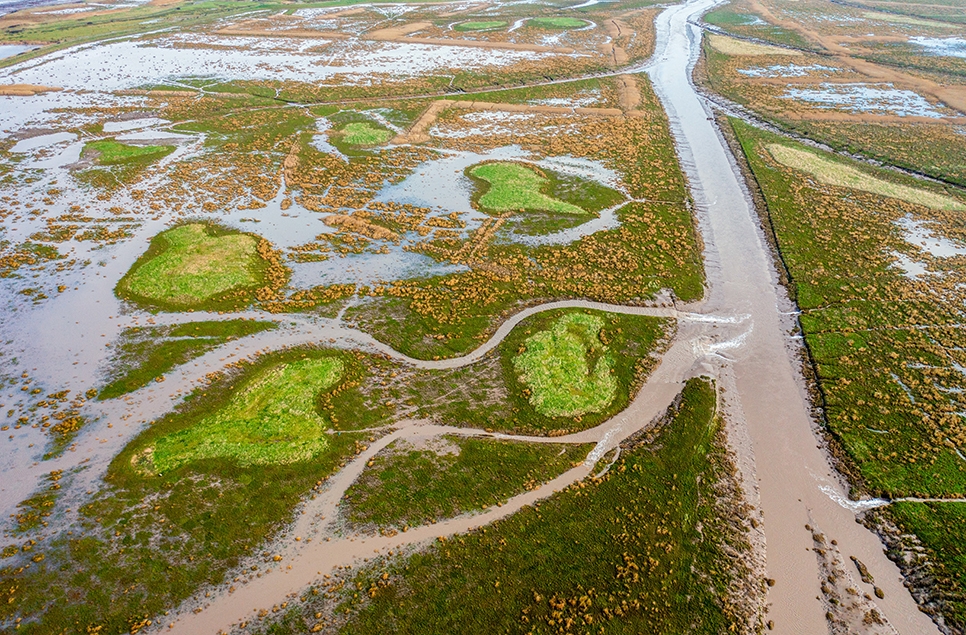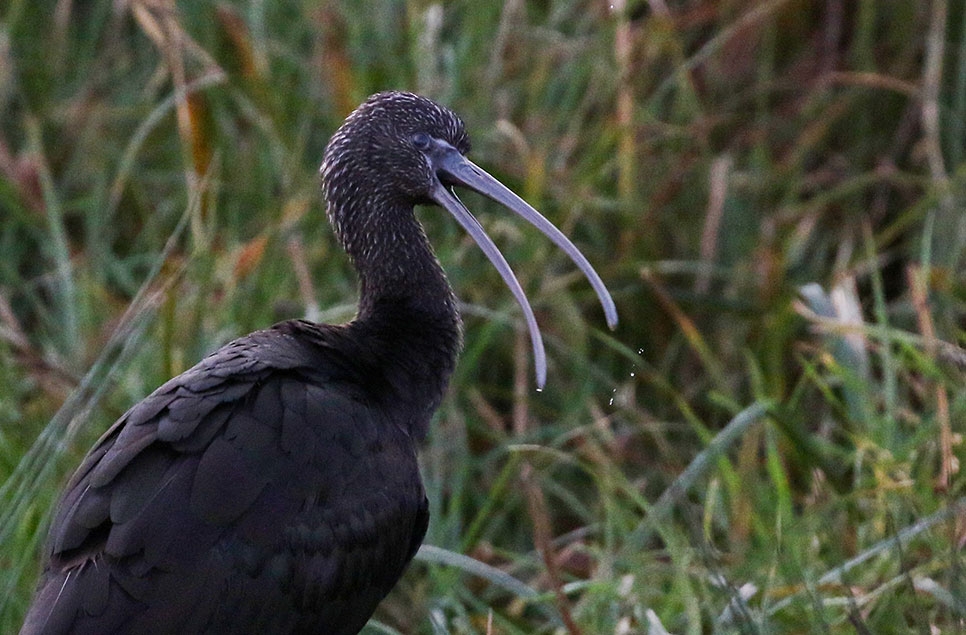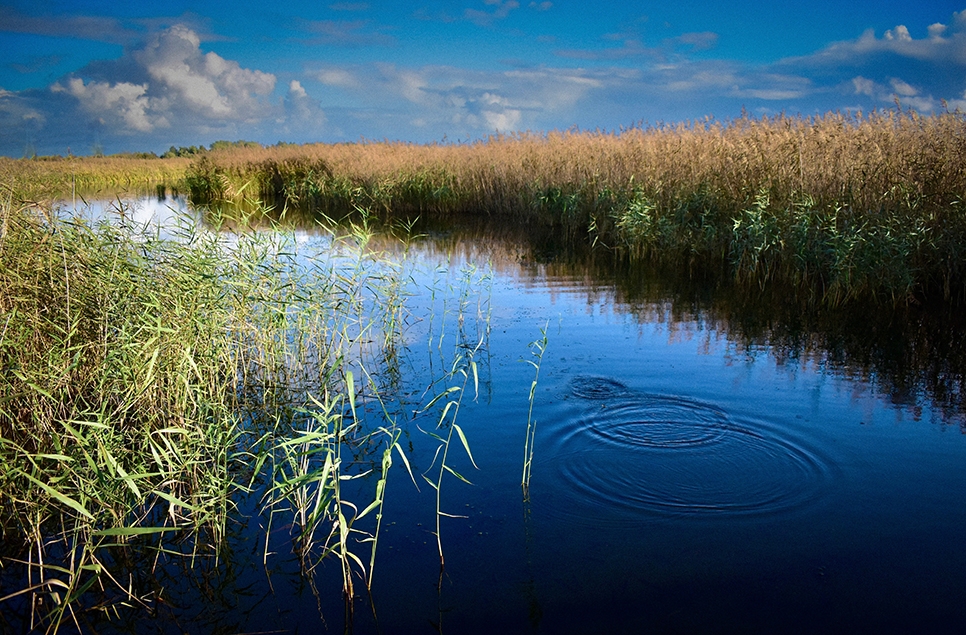The King’s speech: a missed opportunity for nature
The King’s speech was a missed opportunity for nature. How do we get the UK on track to tackle the climate and biodiversity crisis? What is the King’s speech?
What is the King’s speech?
The King’s speech sets out the Government’s policy priorities for the year ahead and yesterday’s is expected to be the last until the next general election. This was the Government’s last chance to introduce some truly inspiring, vote-winning policies that will stick in people’s minds as they head to the polls.
Sadly, the only new climate-related policy announced was allowing companies to explore new oil and gas licenses. New measures to help reach the Government’s own legally binding targets to halt species decline by 2030 and improve their numbers by 10% by 2042 were completely absent.
The climate and biodiversity crises pose an existential risk to us all, so it is hard to see how this fits in with the Government’s recent stated aim to make ‘long term decisions to deliver the change we need’.
A missed opportunity for our environment
In this King’s speech, the government emphasised their commitment to ‘continue to lead action on tackling climate change and biodiversity loss’. They have a range of targets that could help us do this, including a commitment to protect 30% of land and sea for nature by 2030 as well as targets to improve water quality, create 500,000 hectares of biodiverse rich habitat and give everyone access to nature within 15 minutes (as laid out in the Environmental Improvement plan)1.
These are commendable targets, but the UK is off track to meet every single one of these environmental targets2 and plans to rectify that are thin on the ground.
With a general election approaching, now is the time to address this by making full use of nature-based solutions like wetlands. The UK needs to better protect wetlands and we also need to restore them at scale to unlock their amazing potential.
Take flooding. We must use wetlands to make communities more resilient to the more frequent and extreme weather we are witnessing. Local Authorities and other flood authorities must be given the right information, plans and funding to create wetlands for flood resilience. They need guidance and training on how to restore and manage wetlands effectively, a natural flood management accreditation scheme with standards for best practice, and dedicated funding to ensure they can create wetlands at a larger scale.
Take carbon emissions. The UK must also take steps to better tackle climate change by driving forward investment in nature-based solutions like saltmarsh. The government must incorporate coastal wetlands into the UK’s carbon accounting and net zero plans, develop a saltmarsh carbon code and establish public and private sector funding mechanisms that ensure more saltmarsh restoration.
And consider wellbeing. Wetlands have amazing benefits for people’s wellbeing (particularly in built up areas) while also providing essential urban cooling. The Government must commission research on the benefits provided by urban wetlands, make green and blue infrastructure standards compulsory for all local plans and new developments and make sustainable drainage systems a legal requirement for all new developments.
And that’s not to forget the incredible range of wildlife wetlands support. While they cover just 6% of the Earth’s land surface, 40% of all plant and animal species live or breed in wetlands3.
Some good news on nutrient neutrality but action is needed
What was welcome was that another attempt to scrap nutrient neutrality requirements (that ensure housing developments offset their nutrient pollution with measures like creating wetlands4) did not make its way into the speech. After the Government failed to scrap these rules in the Levelling Up and Regeneration Bill5, there were rumours that they would introduce a separate bill in the Kings speech to do just that. We were pleased to see that this didn’t make the cut.
But there is still a lot of work to be done here to ensure we can create high quality treatment wetlands that effectively remove the excess nutrients that are harming water bodies and wildlife. It is particularly important to restore the investor confidence that has been lost due to Government flip-flopping.
Ministers must now stick to their decision to uphold these requirements and assure investors that they can trust the nutrient market will succeed. That means three things:
- Developing a nutrient offsetting code that would allow the creation of an effective market.
- Making treatment wetlands the default option for meeting nutrient neutrality requirements.
- Introducing a comprehensive pilot scheme for treatment wetlands across different sectors, allowing stakeholders to explore the full range of benefits they can potentially provide.
We need a UK Wetlands Strategy
The UK’s current piecemeal, haphazard approach to wetlands is ineffective. To make the very best use of these wetland superpowers, we need the Government to commit to an overarching plan. The UK has yet to produce a National Wetlands Strategy, unlike many other countries that have signed up to the Convention on Wetlands. If we want to best protect and restore these incredible ecosystems into the future, committing to such a strategy would be a simple, effective next step.
References
1: https://www.gov.uk/government/publications/environmental-improvement-plan
2: https://www.theoep.org.uk/report/progress-improving-natural-environment-england-20212022



